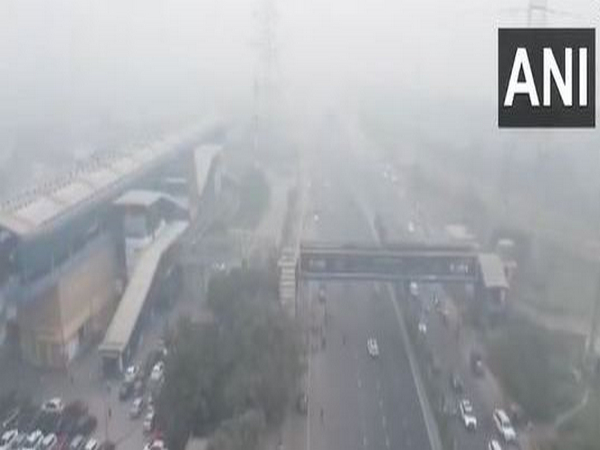Delhi's Air Quality Crisis: A Call for Urgent Climate Action
The air quality in Delhi has reached hazardous levels, prompting health experts to deem it a public health emergency. Authorities are urged to phase out fossil fuels and adopt clean energy solutions as temporary measures prove insufficient. The crisis highlights the urgent need for systemic actions against air pollution.

- Country:
- India
With Delhi's air quality plummeting into hazardous territory, the situation has been labeled a 'public health emergency' by health and climate experts. They stress the urgency of phasing out fossil fuels and turning to clean energy solutions, as temporary measures fall short.
The capital city's air quality index (AQI) has consistently registered in the 'severe' category, with PM2.5 levels exceeding 400 mg/m3—an alarming figure compared to the World Health Organization's safe limit of 15 mg/m3 for 24-hour exposure.
The Commission for Air Quality Management (CAQM) has reacted by enforcing Stage-IV of the Graded Response Action Plan (GRAP), implementing measures like truck entry bans and halting public construction. However, health experts assert that these are mere stopgaps for a problem demanding deep-rooted solutions.
At a conference in Baku, Aarti Khosla of Climate Trends emphasized the need for a multifaceted approach to combating air pollution. 'Delhi's AQI is nearing 450,' she noted, stressing that the city's pollution stems from various sources, including black carbon, ozone, and fossil fuel emissions.
Long-term exposure to high PM2.5 levels is linked to serious health issues such as heart disease and lung cancer. In 2021 alone, air pollution contributed to 8.1 million premature deaths worldwide, with 2.1 million in India, according to the State of Global Air 2024 report.
Global experts also highlighted economic contradictions and the urgent need to shift the focus from economic growth to preserving health. Infamous for its toxic air, Delhi serves as a grim reminder of the pressing need to combat air pollution and invest in cleaner energy alternatives.
Dr. Arvind Kumar, a leading chest surgeon, painted a dire picture of the health impacts, stating, 'Polluted air infiltrates every breath, affecting the most vulnerable among us.' He called for immediate political action to end the reliance on fossil fuels.
(With inputs from agencies.)
ALSO READ
India's Clean Energy Vision: An Ambitious Transition by 2047
Mystery Deaths in Jammu: Investigations by Top Health Experts
Andhra Pradesh's Clean Energy Policy-2024 Attracts Global Investors
TruAlt Bioenergy and Sumitomo Join Forces for India's Clean Energy Future
Delhi's Solar Future: A Model for Clean Energy in Urban Development










